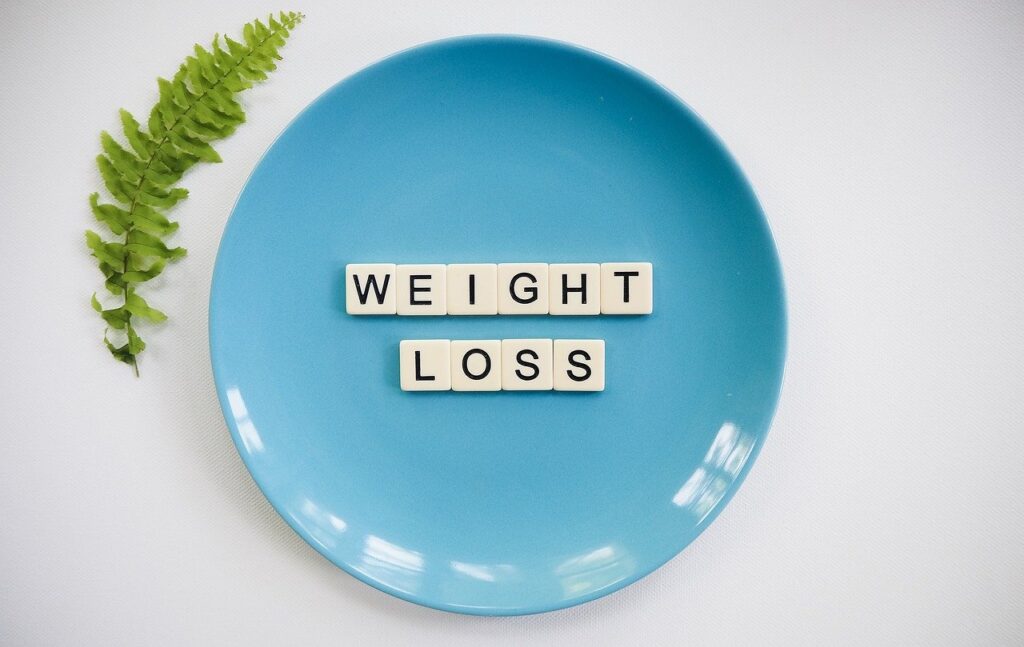The Trouble with Weight Loss Programs
What is a Weight Loss Program?
Weight loss programs typically focus on total body weight loss. According to wikipedia, weight loss is the “reduction of the total body mass, by a mean loss of fluid, body fat (adipose tissue), or lean mass (namely bone mineral deposits, muscle, tendon, and other connective tissue). Weight loss can either occur unintentionally because of malnourishment or an underlying disease, or from a conscious effort to improve an overweight or obese state.” A weight loss program is designed to specifically promote intentional fat loss in order to reduce the total body mass of an individual. Why may this be a problem?
Let’s explore some of the reasons why programs focused just on weight loss do not work.
Weight loss programs want you to buy their product.
Most weight loss programs have a product or supplement to sell. Whether it is a supplement that “guarantees” weight loss or a meal plan that “tastes great and never gets boring”. Most of these solutions are short lived and never sustainable due expense or lack of options. Most of us get bored with pre-packaged food selections. It may taste good at first, but after 3 to 6 months of eating from the same menu, the food starts to get boring. You start to crave the foods that you can no longer have and you divert from a strict, preselected menu. Ultimately leading you back to weight gain.
What about supplements? Besides being expensive and unsustainable, supplements focus on two things: making you feel full and/or speeding up your metabolism. The latter is extremely dangerous with the FDA most recently sending out warning letters to several companies for their use of supplements which can cause adverse reactions to one’s cardiovascular system.
Weight loss programs are a “one size fits all”
Despite the customization a weight loss program promotes on their website, oftentimes you are run through a standardized calculator where you answer a variety of questions and suddenly, they know the program that will work for you. Artificial Intelligence has come a long way, but the weight loss industry is still far away from using this effectively.
Also, when you go into a local weight loss program retail location, you are met with someone who might understand weight loss but struggles to know how to recognize emotional eating. If you find yourself no longer wanting the weight loss supplements or pre-packaged food choices, maybe it’s time to consider longer term and sustainable options.
Weight loss programs are focused on the wrong thing!
As we discussed in the beginning, a weight loss program is a program focused on losing weight. Believe it or not, this is the easier part of the two-part problem.
Many people who struggle with sustained weight loss are victims of “yo-yo dieting”. Yo-yo dieting is when you lose weight (whether you reach your goal or not) and within a year of losing your weight find yourself gaining all of your weight back! Yo-yo dieting is unhealthy physically and emotionally. Oftentimes, people find themselves at a higher weight than when they started and find themselves more depressed due to their perceived failure.
By focusing on weight loss, these weight loss programs are focused on the skill of losing weight, but not the skill of maintaining a healthy lifestyle!
So what is one to do?
Find a lifestyle improvement program
A lifestyle improvement program is a relatively new term in the weight management field. Typically, lifestyle improvement programs have been associated with living with chronic disease such as prostate cancer or increasing health habits such as activity levels, however more and more research is pointing to lifestyle improvement programs as comprehensive ways for people to lose weight and live comfortably at their new weight. Contact LightenUp Lifestyle to learn more about our lifestyle improvement program and how we have helped 100s lose and keep their weight off while discovering a new lifestyle they never thought was possible.

